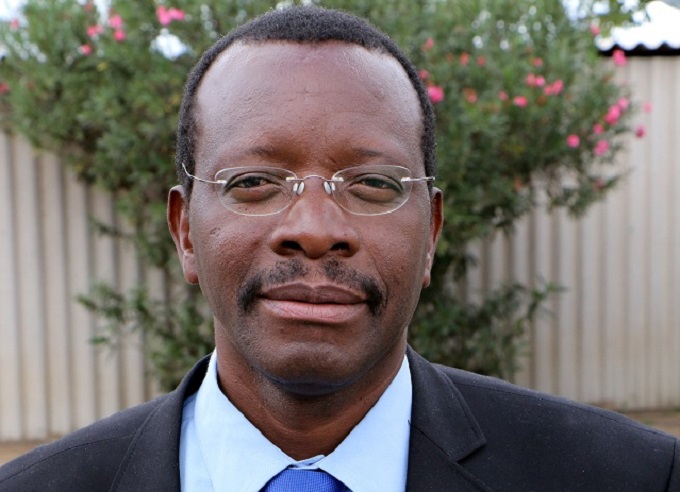Obadiah Matulana, a music maestro defying decades with timeless tunes

Mkhululi Ncube, [email protected]
In a musical journey spanning over 40 years, remaining relevant to new generations may pose a challenge but not for Obadiah “Dr Jah Kanindo” Matulana.
The Tsholotsho-born musician has weathered the changing tides and navigated the technological revolutions that have transformed the musical landscape.
From the era of vinyl records, LPs, cassettes, CDs to USBs and many online platforms, Matulana, leading the Jet Sounds, has embraced and adapted to every evolution.
Notably, he has passed the musical torch to the next generation by introducing his children to the world of music. Under his tutelage, his son, Mthulisi Native and daughter, Sikhangele Miriam have embarked on their solo projects, carrying forward the family’s musical legacy. Mthulisi plays drums and backs his father at Jet Sounds.
With 31 projects under his belt, the latest being UJesu Uyeza — Jesus is Coming released in October, Matulana’s musical prowess remains undiminished. The latest album, featuring tracks like Intshengu, Umaxokozela, UThando-Love, Ulamanga, Ilifa, Ebusheni Bami, Isavunguzane, and UJesu Uyeza, is a testament to Matulana’s enduring creativity.
Reflecting on his career, Matulana recalls his beginnings in the 1980s, working with renowned musicians like Solomon Skuza, Ndux Malax, Christopher Shoko, Khumbulani Moyo, Leonard Dembo, Andy Brown, Busi Ncube and Ilanga. He attributes his longevity to God’s grace and a lifestyle free from alcohol and drugs.
“I started music in the 1980s and my first recording was Divorce Number One, a seven-single album that gave me instant recognition throughout the country. My longevity in the music industry has been through God’s grace. I don’t drink or abuse drugs and I believe this has helped me to live this long,” he said.
Matulana’s music, flavoured with Rhumba and influenced by East African Kanindo, carries the historical essence of the country’s musical evolution. Matulana said the freedom fighters popularised the Kanindo music in Zimbabwe.
“The Kanindo flavour came with the freedom fighters who had small radios tied to their waists which they played during parties.
“The name Tshibilika came up with guys like the late Cont Mhlanga, Martin Ndlovu, Malindela Ngwenya and the Soul Star who sang the song UJeqe wayegwaza aze aqethuke but unfortunately he passed away two years ago here in South Africa. We held several meetings where the name Tshibilika was embraced because we wanted to differentiate ourselves from Sungura.”
Interestingly, Matulana wanted to be a policeman.
“I initially aspired to become a policeman but my height became a hindrance because in those days a specific height was required. I managed to secure another job where I worked for seven years before retiring.
Matulana remains steadfast in his musical journey and has said no to retirement because he believes music is part of his life.
Music has not only provided him with a livelihood but has also allowed him to build a family and acquire assets.
Matulana who has four DVDs and four Reggae albums, is looking forward to his children releasing their own albums. – @themkhust












Comments